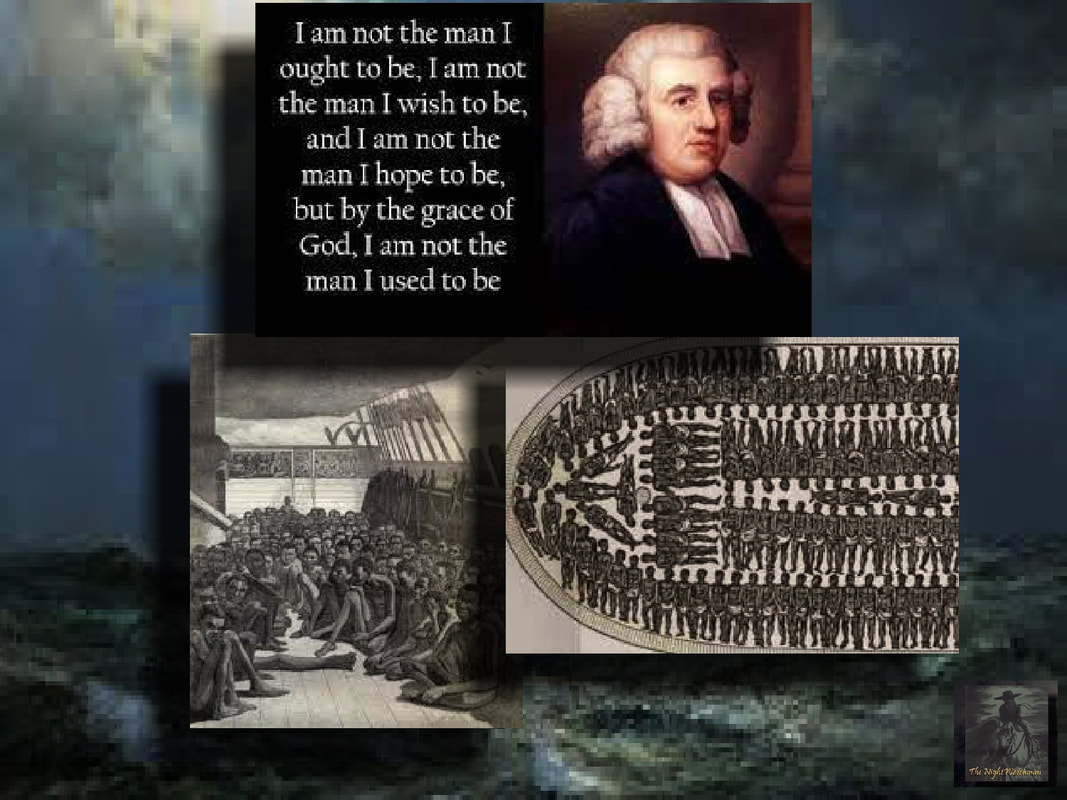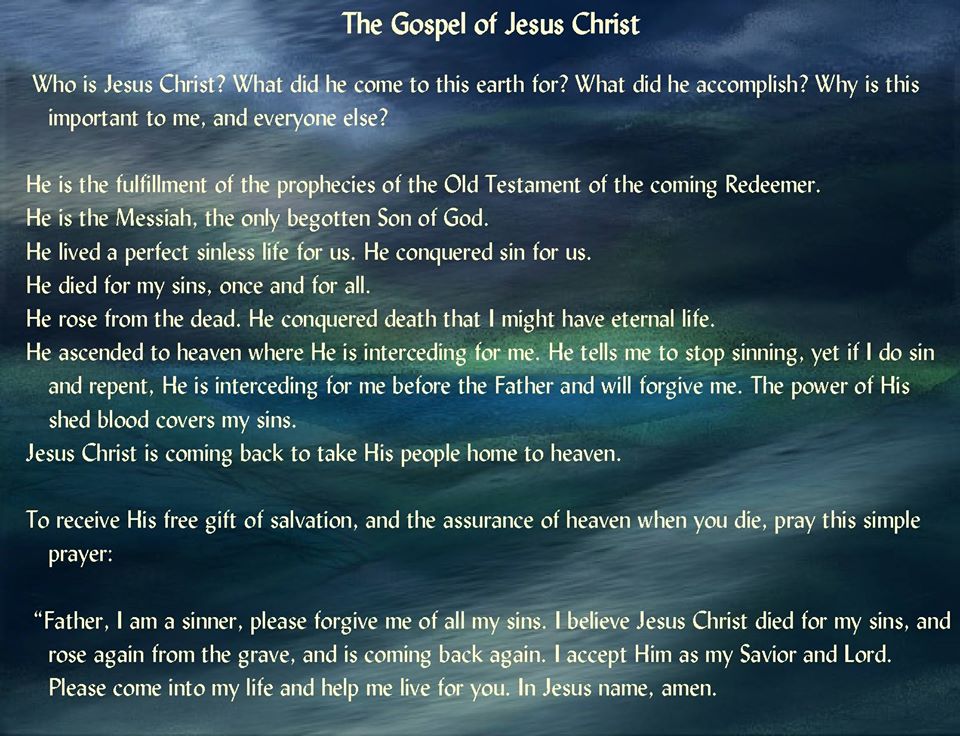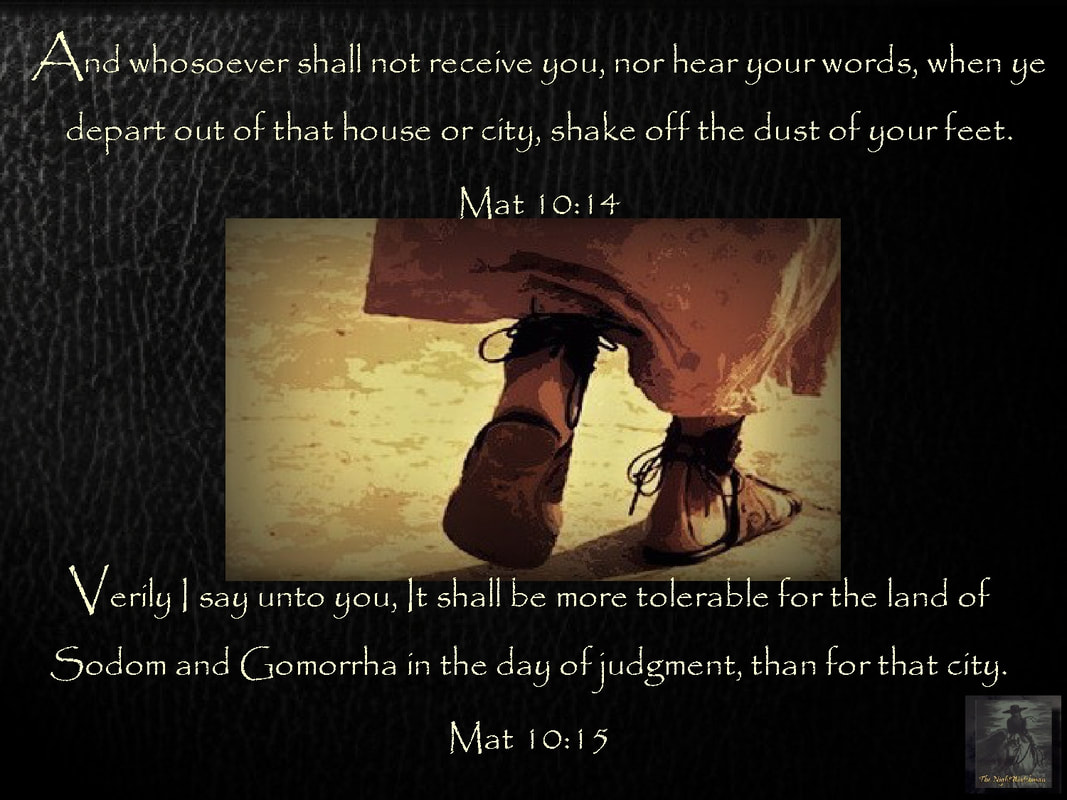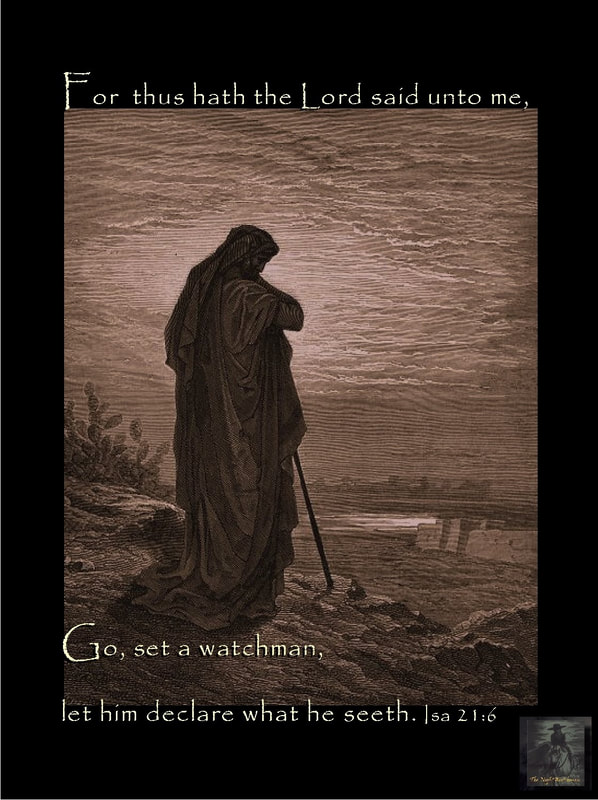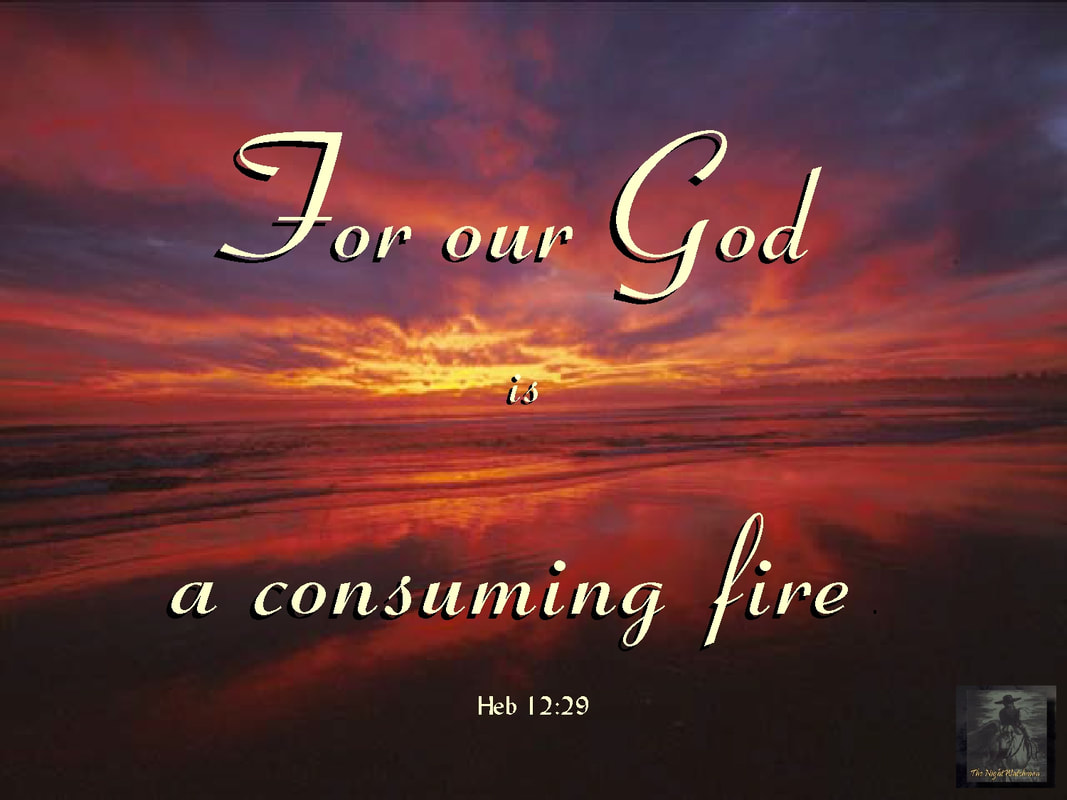|
John Newton - (1725-1807), Evangelical Pastor and Hymn Writer 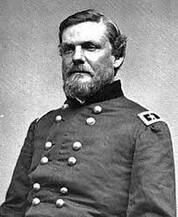 John Newton was born in London July 24, 1725, the son of a commander of a merchant ship which sailed the Mediterranean. When John was eleven, he went to sea with his father and made six voyages with him before the elder Newton retired. In 1744 John was impressed into service on a man-of-war, the H. M. S. Harwich. Finding conditions on board intolerable, he deserted but was soon recaptured and publicly flogged and demoted from midshipman to common seaman. On March 21,1748, during his return voyage to England aboard the ship Greyhound, Newton had a spiritual conversion. He awoke to find the ship caught in a severe storm off the coast of Donegal, Ireland and about to sink. In response, Newton began praying for God's mercy, after which the storm began to die down. After four weeks at sea the Greyhound made it to port in Lough Swilly, Ireland. This experience marked the beginning of his conversion to Christianity. He began to read the Bible and other religious literature. By the time he reached Britain, he had accepted the doctrines of Christianity. From that point on, he avoided profanity, gambling and drinking. Although he continued to work in the slave trade, he had gained sympathy for the slaves during his time in Africa. He later said that his true conversion did not happen until some time later: "I cannot consider myself to have been a believer in the full sense of the word, until a considerable time afterwards." For the rest of his life he observed the anniversary of March 21, 1748 as the day of his conversion, a day of humiliation in which he subjected his will to a higher power. "Thro' many dangers, toils and snares, I have already come; 'tis grace has bro't me safe thus far, and grace will lead me home." He continued in the slave trade for a time after his conversion; however, he saw to it that the slaves under his care were treated humanely. In 1750 he married Mary Catlett, with whom he had been in love for many years. By 1755, after a serious illness, he had given up seafaring forever. During his days as a sailor he had begun to educate himself, teaching himself Latin, among other subjects. From 1755 to 1760 Newton was surveyor of tides at Liverpool, where he came to know George Whitefield, deacon in the Church of England, evangelistic preacher, and leader of the Calvinistic Methodist Church. Newton became Whitefield's enthusiastic disciple. During this period Newton also met and came to admire John Wesley, founder of Methodism. Newton's self-education continued, and he learned Greek and Hebrew. As his faith matured, Newton’s remorse over his involvement in the slave trade surfaced and galvanized him. In 1785 he met with William Wilberforce and counseled him to remain in politics rather than pursue a religious life. Newton would remain a spiritual mentor for the prominent abolitionist for the next 20 years. He renounced his former slaving profession by publishing a blazing pamphlet called “Thoughts Upon the Slave Trade.” The tract described the horrific conditions on the ships and Newton apologized for making a public statement so many years after participating in the trade: “It will always be a subject of humiliating reflection to me, that I was once an active instrument in a business at which my heart now shudders.” Cowper helped Newton with his religious services and on his tours to other places. They held a regular weekly church service and also a series of weekly prayer meetings, for which their goal was to write a new hymn for each one. They collaborated on several editions of Olney Hymns, which achieved lasting popularity. The first edition, published in 1779, contained 68 pieces by Cowper and 280 by Newton. Among Newton's contributions which are still loved and sung today are "How Sweet the Name of Jesus Sounds" and "Glorious Things of Thee Are Spoken," as well as "Amazing Grace." Composed between 1760 and 1770 in Olney, "Amazing Grace" was possibly one of the hymns written for a weekly service. The origin of the melody is unknown. Most hymnals attribute it to an early American folk melody. John Newton died in London England on December 21, 1807 at age 82. His wife Mary had died previously a few years earlier in 1790. The graphic below shows an artists depiction of the slaves crammed into the hull of ships as they were transported to destinations around the world. Many never made it, dying before they arrived, and thrown overboard. God's convictions moved Newton to abandon the slave trade-and actively preach against it, lifting the Lord Jesus Christ as Savior and Lord. Can You Identify With John Newton? Through the centuries there have been, and continue to be, many who can identify with Newton's testimony. Once a blasphemer, living in deep sin, trading humans in slavery, responsible for the suffering and death of many, but the grace and mercy of God seized him, and brought him to repentance, and salvation in Christ. The process of transformation as Newton said, was gradual, and ongoing through the years of his life. The choices he made, revealed the inner workings of God, bringing him into the path of truth and holiness, from a life of degradation, and sin.
A story of a transformed life. What Jesus did for John Newton, he did for me in 1978, and is still in the process of renewing my mind, and transforming my life. What Jesus has done for us who have come out of deep sin-and the power of God to change us-can happen for you. Newton cried out to God when he thought all was lost, and was answered. Call out to the Lord, He will hear you, just the same. "I am a great sinner and Christ is a great Savior." - John Newton This is not just a song. It is the testimony and declaration of faith by every believer in Christ. I am certain this song, with other songs of Praise, will be sung by the saints in Heaven for ten thousands of years. Amazing Grace- https://youtu.be/5iou_pSEbEY Amazing Grace: The Story Behind the Song https://youtu.be/8m8AHHduTM0" And whosoever shall not receive you, nor hear your words, when ye depart out of that house or city, shake off the dust of your feet. Verily I say unto you, It shall be more tolerable for the land of Sodom and Gomorrha in the day of judgment, than for that city. Mat. 10:14-15 To shake off the dust from the feet, therefore, was a significant act, denoting that they regarded them as impure, profane, and paganish, and that they declined any further connection with them.
Christ said that their punishment will be more “tolerable” - that is, more easily borne - than that of the people who reject his gospel. The reason is, that they were not favored with so much light and instruction. See Mat_11:23-24; Luk_12:47-48. Sodom and Gomorrah are often referred to as signal instances of divine vengeance, and as sure proofs that the wicked shall not go unpunished. See 2Pe_2:6; Jud_1:7. In using this reference to Sodom and Gomorrah Jesus was using it as a description of what those cities represent: The sin of the Sodomites was single, but that of those rejecting the apostles would be manifold, including (1) infidelity; (2) disobedience; (3) ingratitude; (4) inhospitality; (5) rebellion and contumacy against God, contrary to the law of nature, and in defiance of the grace of God. It is useless to ask the Lord to put forth His great power and save us, so long as we have made it practically impossible for Him to do as we ask. Even Jesus came to places where it was impossible to do any mighty works...and he marveled at their unbelief. Faith is only developed, when the conditions are met for it to grow; a willing spirit, a receptive mind, and a heart that desires to seek after the things of God. If none of this is present-even God cannot change the situation, or the people. He will not override people's free will. Mar 6:4 But Jesus said unto them, A prophet is not without honour, but in his own country, and among his own kin, and in his own house. Mar 6:5 And he could there do no mighty work, save that he laid his hands upon a few sick folk, and healed them. Mar 6:6 And he marveled because of their unbelief. And he went round about the villages, teaching. There are times we may come up against a trial, a temptation so extreme, that it may compel you to do something that in any other situation, you never would have done; and it has exposed sin in you, to the point you are without excuse, with no argument to vindicate your cause. God allows these times, to cause us to stand naked before Him again, and see our vileness, and that without Christ in control of us, we are wretched, and without hope. David came to this place more than once. After being confronted by Nathan the prophet, and seeing his sin of adultery and murder of Bathsheba's husband, he went into a season of repentance and confession before the Lord, that's recorded in Psalm 51. David poured out his heart, and acknowledged his sin, and defilement. He didn't excuse himself, he laid it out before God, and sought His mercy and forgiveness, again. He received the forgiveness of his sins, because God never fails, His mercies are new every morning. We can do the same as David, and go and receive the same forgiveness, and washing away of our sins, and once again stand in righteousness. Paul testifies of how before he was saved, he would chase down Christians to persecute them, and put them into prison, and caused the death of many of them. He would abuse them so much, he'd compel them to blaspheme; an extreme malicious act, knowing how much torment it would inflict on these Christians to do so. Act 26:11 And I punished them oft in every synagogue, and compelled them to blaspheme; and being exceedingly mad against them, I persecuted them even unto strange cities. You may be able to relate to this, and stumbled and gave in and blasphemed. These verses tell us much about God's compassion for His people when they are under great suffering. He takes into account the abuses we endure, and our limitations in these bodies. When we fail, and stumble, He has provided the power of the blood of Christ, and His ocean of mercy, to help us when we come to the end of ourselves. This is where I've been for some time; looking into the mirror of my soul, and gone back to the foot of the cross, and acknowledged my sins, and limits of my endurance. Whenever I come to this place, I always find Jesus waiting there, my Rock and my fortress, and my Redeemer. He's promised to never leave us, or forsake us, even when we fail. I believe all of us, can relate to Peter, who failed Jesus as he faced the cross, but, Jesus did not forsake Peter. After Jesus rose from the dead, he sought out and found Peter, and restored him, and commissioned him to "feed my sheep". Amazing love, we cannot comprehend in this life. I opened the devotion below today-and it was a perfect addition to this post. Charles Spurgeon was a master of the scriptures, and had a beautiful ability to make them come alive; it speaks of God's power, and ability to restore us, even at our worse. Just As I Am Behold, I am vile; what shall I answer thee? I will lay mine hand upon my mouth. Job 40:4 One cheering word, poor lost sinner, for thee! You think you must not come to God because you are vile. Now, there is not a saint living on earth but has been made to feel that he is vile. If Job, and Isaiah, and Paul were all obliged to say "I am vile," oh, poor sinner, wilt thou be ashamed to join in the same confession? If divine grace does not eradicate all sin from the believer, how dost thou hope to do it thyself? and if God loves his people while they are yet vile, dost thou think thy vileness will prevent his loving thee? Believe on Jesus, thou outcast of the world's society! Jesus calls thee, and such as thou art.
"Not the righteous, not the righteous; Sinners, Jesus came to call." Even now say, "Thou hast died for sinners; I am a sinner, Lord Jesus, sprinkle thy blood on me;" if thou wilt confess thy sin thou shalt find pardon. If, now, with all thy heart, thou wilt say, "I am vile, wash me," thou shalt be washed now. If the Holy Spirit shall enable thee from thy heart to cry "Just as I am, without one plea But that thy blood was shed for me, And that thou bidd'st me come to thee, O Lamb of God, I come!" thou shalt rise from reading this morning's portion with all thy sins pardoned; and though thou didst wake this morning with every sin that man hath ever committed on thy head, thou shalt rest to-night accepted in the Beloved; though once degraded with the rags of sin, thou shalt be adorned with a robe of righteousness, and appear white as the angels are. For "now," mark it, "Now is the accepted time." If thou "believest on him who justifieth the ungodly thou art saved." Oh! may the Holy Spirit give thee saving faith in him who receives the vilest. Charles Spurgeon- Morning Devotion |
Welcome
In this page there will be devotions/poems music and inspirational material 
The Lord Will Pour Out His Spirit
And it shall come to pass afterward, that I will pour out my spirit upon all flesh; and your sons and your daughters shall prophesy, your old men shall dream dreams, your young men shall see visions:
And also upon the servants and upon the handmaids in those days will I pour out my spirit. And I will shew wonders in the heavens and in the earth, blood, and fire, and pillars of smoke. The sun shall be turned into darkness, and the moon into blood, before the great and the terrible day of the LORD come. And it shall come to pass, that whosoever shall call on the name of the LORD shall be delivered: for in mount Zion and in Jerusalem shall be deliverance, as the LORD hath said, and in the remnant whom the LORD shall call. Joel 2:28-32 But this is that which was spoken by the
prophet Joel; And it shall come to pass in the last days, saith God, I will pour out of my Spirit upon all flesh: and your sons and your daughters shall prophesy, and your young men shall see visions, and your old men shall dream dreams: And on my servants and on my handmaidens I will pour out in those days of my Spirit; and they shall prophesy: Act 2:16-18 Resources
Madame Guyon - A Short and Easy Method of Prayer / Christian Audio Book (1 / 2) https://youtu.be/eihZWpAk7y4?si=PQ-_J3Y6i8u-N2Ac Union With God By Jeanne Guyon Chapter 1 Of 7 https://youtu.be/d5AfKS2dFLg?si=VtWAeEurkAddTDpL The Practice of the Presence of God - audiobook Brother LAWRENCE (1614 - 1691)- https://youtu.be/rRAs_BK1NR8?si=hGAL4C829aH7 DKMn Gander Story Poems
https://www.gander poems.org/ Archives
July 2024
|
Proudly powered by Weebly

